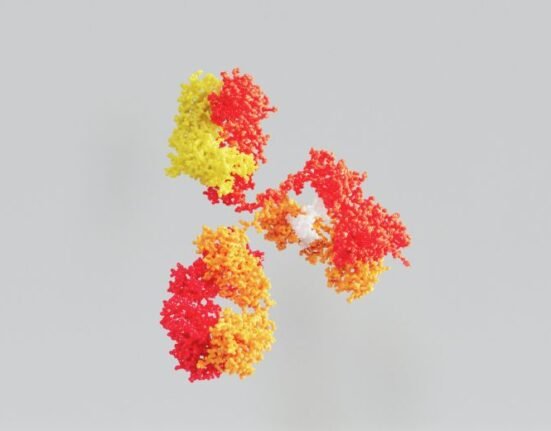Gout is more than an inflammation of the toes and can up the risk of more serious conditions/ Image by Freepik
HQ Team
May 25, 2023: Atom Bioscience, a clinical-stage biotechnology company developing new treatments for metabolic and inflammatory diseases, such as gout, has marked Gout Awareness Day, May 22, 2023, by focusing on its efforts to develop a new treatment.
Gout is a form of recurrent inflammatory arthritis caused by hyperuricaemia (defined as excessive uric acid levels in the blood (> 7 mg/dL)and accumulation of monosodium urate crystal deposition in the joints, tendons and surrounding tissues.
Excess uric acid levels in the blood lead to gout and serious conditions such as permanent joint damage, heart attacks, and kidney disease. The recommended serum uric acid should be below 5mg/dL.
Atom Bioscience’s lead product, ABP-671, is in clinical development for the treatment of chronic gout. ABP-671 is an inhibitor of urate transporter 1 (URAT1) proteins, which are involved in the reabsorption of uric acid by the kidneys. It’s currently prepping for phase 3 studies.
Atom has launched a new website and embedded video that talks up its own gout project, how gout affects patients and the long-term damage to other organs it can cause.
Gout patients are treated with ibuprofen for the pain and inflammation during flare-ups. There are specific therapies for lowering uric levels. Horizon Therapeutics’ Krystexxa has recently got FDA approval for treating the condition.
Allopurinol is another preventive medicine in a class of medications called xanthine oxidase inhibitors.
Gout affects about 1% of the population and is more common in men, particularly those aged 30 to 60, and in women who have already experienced menopause. More than 55 million people suffer from gout worldwide, and its prevalence is increasing yearly.
There are several factors that can increase the level of blood urate. These include a diet rich in purines (which form urate when broken down) such as red meat, seafood and some other foods; excess alcohol consumption; the use of certain medicines such as diuretics; a family history of gout; kidney disease; and overweight or obesity.







